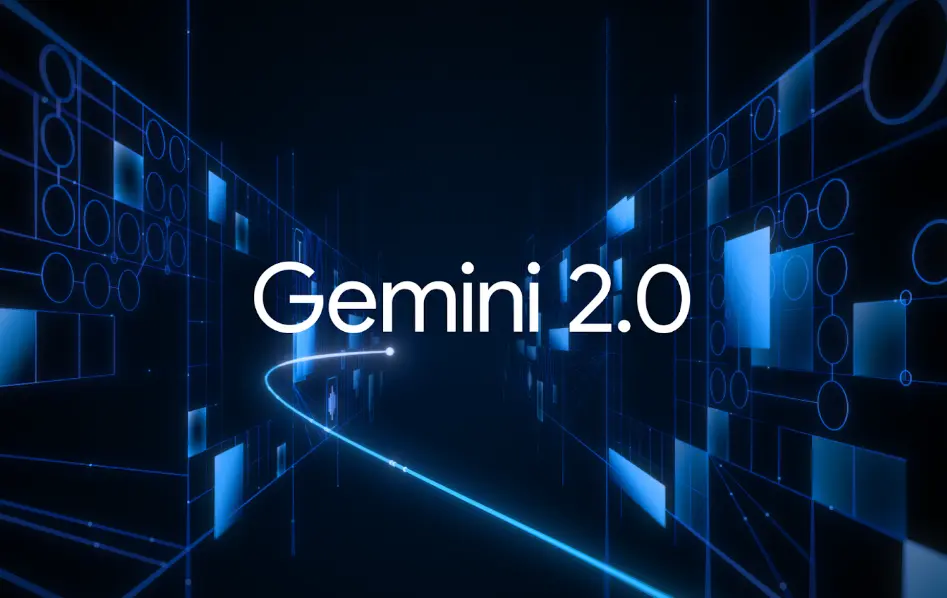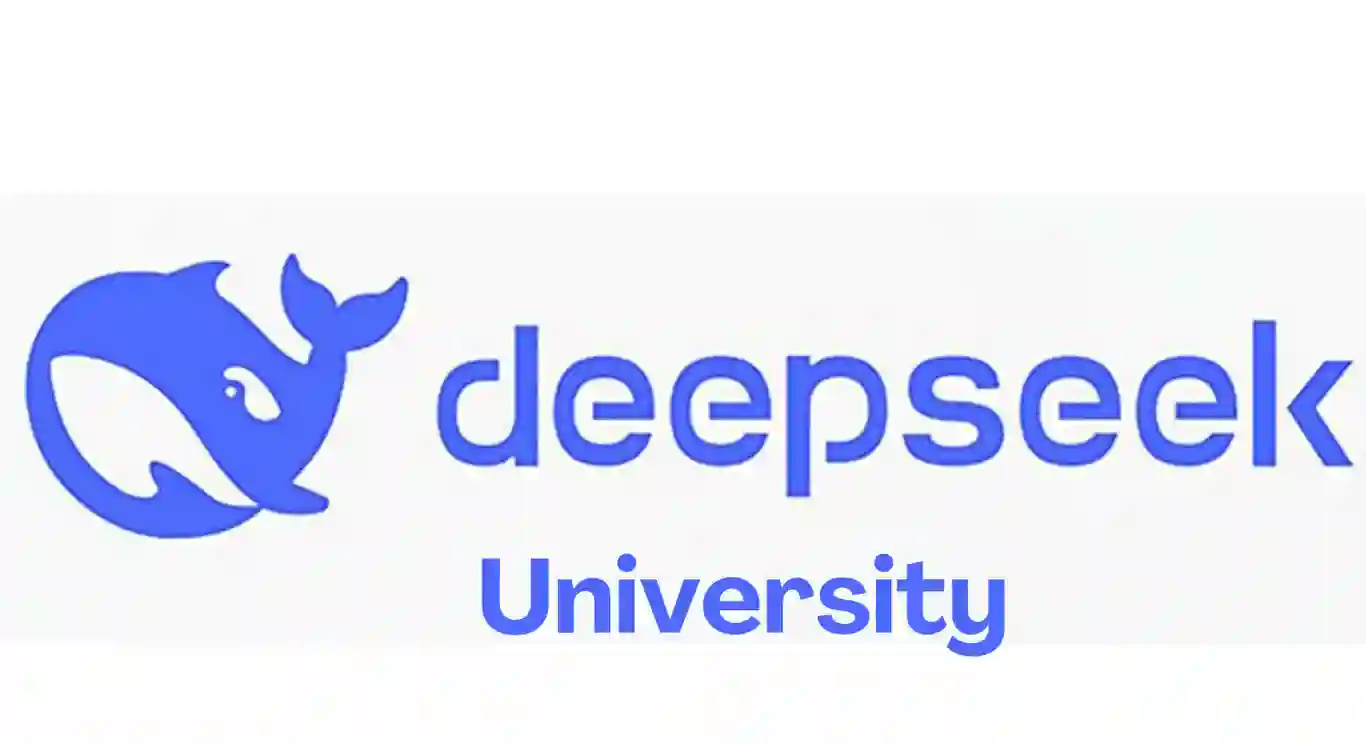Reflections on AI and Free Time
Seth Godin reflects on generative AI and its impact on free time. He emphasizes that innovations often do not improve quality of life. Increased productivity does not necessarily mean greater well-being.

Seth Godin, a well-known business thinker and TED speaker, recently shared a reflection on generative artificial intelligence and its potential to save us time. Godin raised a provocative question about the true benefit of these technologies. He noted that in our lives we have seen many innovations designed to save time and work, but they often did not yield the expected results. For example, dishwashers and washing machines were introduced with the idea of freeing up time for women, but in reality, they did not significantly change their lives. Similarly, flying by plane drastically reduces travel time compared to ships, but it has not necessarily increased people's free time.
Godin questions the idea that generative AI can truly increase our free time or improve our quality of life. He emphasizes that many technologies, intended to simplify our days, have not led to a real improvement in personal well-being. Household appliances and faster means of transport are examples of how technological progress does not always translate into a better life. Godin states that he is not worried that people may find themselves with free time they do not know how to use. This suggests that the issue is not so much the available time, but rather how we choose to spend it.
A crucial point that Godin highlights is that an increase in productivity does not necessarily correspond to an increase in quality of life. This statement invites reflection on how we use the time we have available. Whether AI and similar technologies can actually improve our lives is an open question. We may find that the time saved with AI will simply be reinvested in other productive activities, without a real improvement in quality of life. It is important to consider whether we are truly gaining time or simply changing how we use it.
Godin's reflection invites us to critically examine our relationship with technology and time. We must ask ourselves whether we are using innovations to our advantage or if, on the contrary, we are becoming prisoners of relentless productivity. The real challenge is to find a balance between using technology to improve our lives and the risk of losing sight of what is truly important. Only then can we reap the maximum benefits from innovations without compromising our personal well-being.




